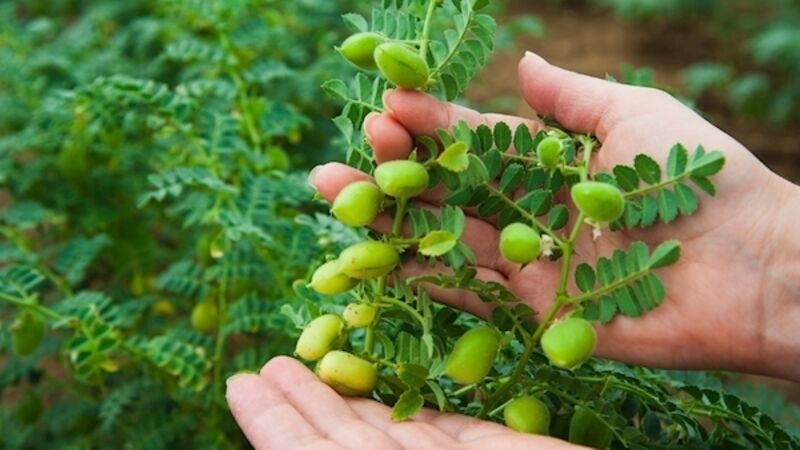Taste of the future menu which must come from sustainable protein sources

Chickpeas, grasshoppers, and the stems and leaves of plants will feature prominently in the world’s transition to sustainable protein sources, according to two leading scientists in the area.
Algae and seaweed will also become important protein sources, said researchers Stacy Pyett and Emely de Vet of Wageningen University & Research, in the Netherlands.













